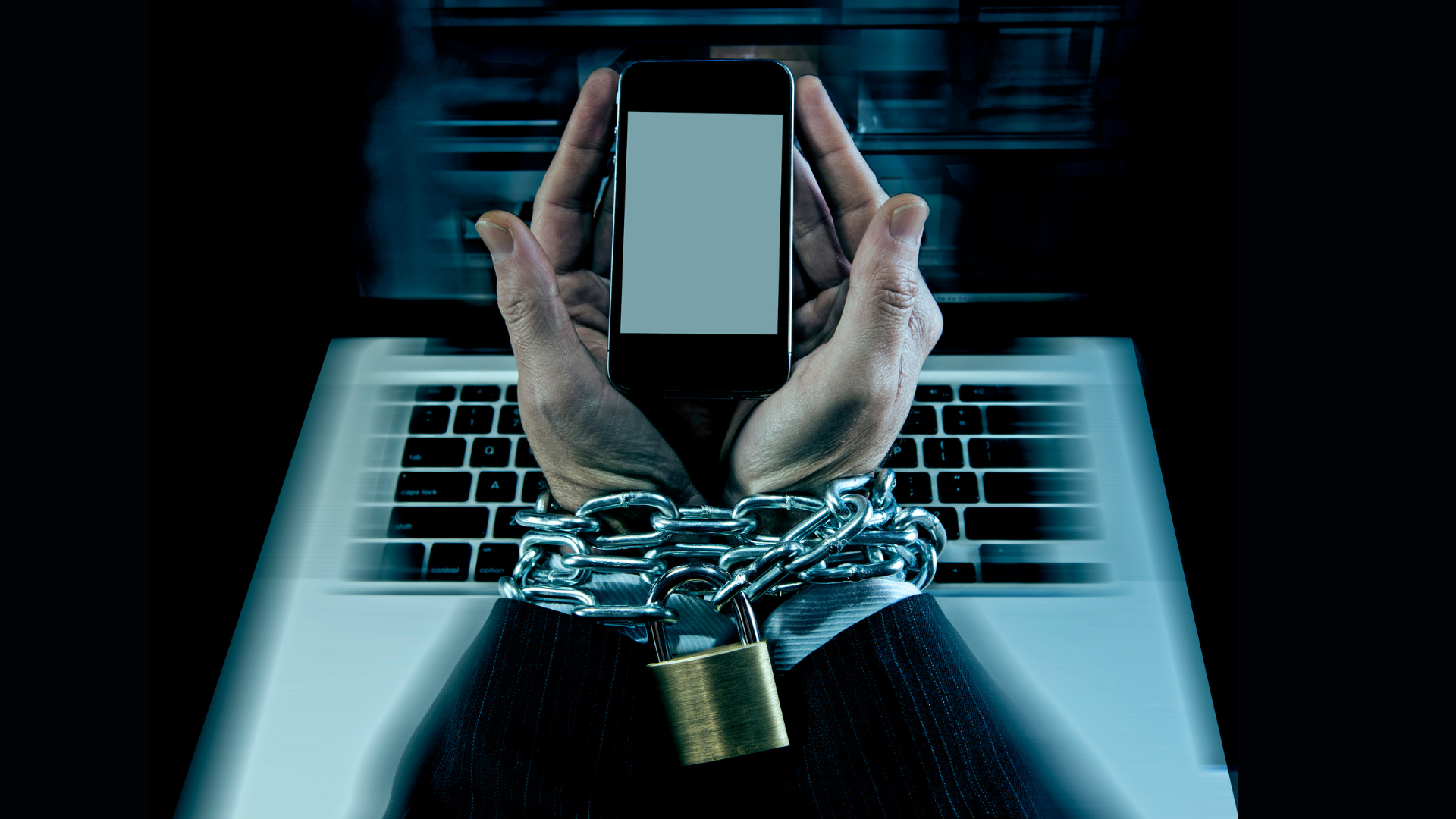Do you know that 47% of Americans are addicted to their phones? What’s even scarier is that teens use their smartphones for an average of 9 hours per day.
Mobile phone addiction is a growing problem with far-reaching consequences. The more we know about the effects on mental health, the more essential it is to recognize what it looks like and how we can manage it.
Join us as we explore the growing phenomenon of mobile phone addiction and learn ways to better understand and manage its impact on mental health.
What is Mobile Phone Addiction?
Mobile phone addiction is when a person suffers from an excessive and unhealthy obsession with their mobile device. This form of addiction can harm one’s mental health, causing feelings of loneliness, melancholy, and worry. It can also lead to other problems such as an inability to focus for extended periods, difficulty communicating in person, and avoidance of social activities.
When left untreated, the psychological effects of mobile phone addiction can become more severe. Be aware of our phone use and use it healthily. While mobile phones can be incredibly helpful, it is important to remember that they should not replace in-person communication and social activities.
Mental Health Risks
Excessive phone use has been found to cause depression, stress, and anxiety. Excessive phone use also reduces face-to-face communication, leading to an increase in feelings of loneliness and isolation. Furthermore, people who are addicted to their phones tend to become absorbed in the digital world and become detached from the real world.
This can lead to reduced engagement in physical activities, leading to further mental health issues. Understanding the effects of mobile phone addiction is therefore essential to mitigate the negative impacts of excessive phone use on mental health.
Signs and Symptoms
Young adults often become increasingly addicted to their mobile phones. The signs of phone addiction include avoiding social situations, compulsively checking the phone for messages and notifications, feeling anxious when the phone isn’t nearby, and spending excessive amounts of time on the phone. They are also having trouble concentrating and struggling with relationships due to being preoccupied with their phones.
Users may experience negative emotions, such as depression and anxiety, as their need to be connected to their phones and online presence becomes more persistent. Studies have also linked compulsive phone use to impaired decision-making, social anxiety, decreased self-control, and the diminishment of self-esteem.
Intervention Strategies
Intervention strategies come with increased acknowledgment of the issue, and targeted research into this specific area of technology addiction. When we have a helpful understanding of the impact on mental health, action plans for effective strategies for intervention can be developed.
Intervention strategies should include limiting access to the internet and social media platforms, encouraging physical activities, and providing psychological support. Among adolescents and young adults, setting specific boundaries for phone use, such as no phones at meal times or before bed, can help to build healthier behavior patterns. Also, taking a quick break in nature or going on a vacation can really help improve mental health. Additionally, being part of a spa day can reduce stress and positively impact mood by releasing endorphins, which can contribute to a more positive mindset during the recovery process. You can easily search for a nearby spa on the internet by typing “Massage Spa near me” and pick the one that is suitable.
Parents, educators, and mental health professionals should all be involved in the intervention strategies and take proactive steps to inform themselves about the latest research and trends in mobile phone addiction. By understanding the impact of mobile phone addiction on mental health and developing appropriate strategies, we can work towards a healthier environment for ourselves, our families, and our communities.
Breaking Free
Breaking free from this cycle requires building a better understanding of the psychological effects of mobile phone addiction. It will involve evaluating how and when it is used and making conscious choices to better use digital technology, rather than allowing it to control the user’s life and mental health.
Breaking free from mobile phone addiction is essential in ensuring both physical and mental health. Re-appropriating the time previously used for scrolling and notifications towards activities that benefit mental health, such as talking to friends, exploring the outdoors, and taking time for mindful activities. Limiting mobile phone and social media time to reasonable levels can have an immense, positive impact on mental health, which should be taken seriously.
Manage Your Phone Use to Avoid Mental Health Risks
Mobile phone addiction can have debilitating impacts on our mental health and disrupt our day-to-day life. Awareness of this issue is key for us to make positive changes in our behavior as well as for our future generations. To learn more about this urgent and important mental health issue, understand what is mobile addiction, its mental health risks, its signs and symptoms, intervention strategies, and breaking-free ways to end the cycle.

